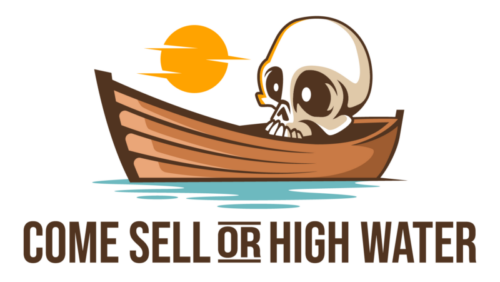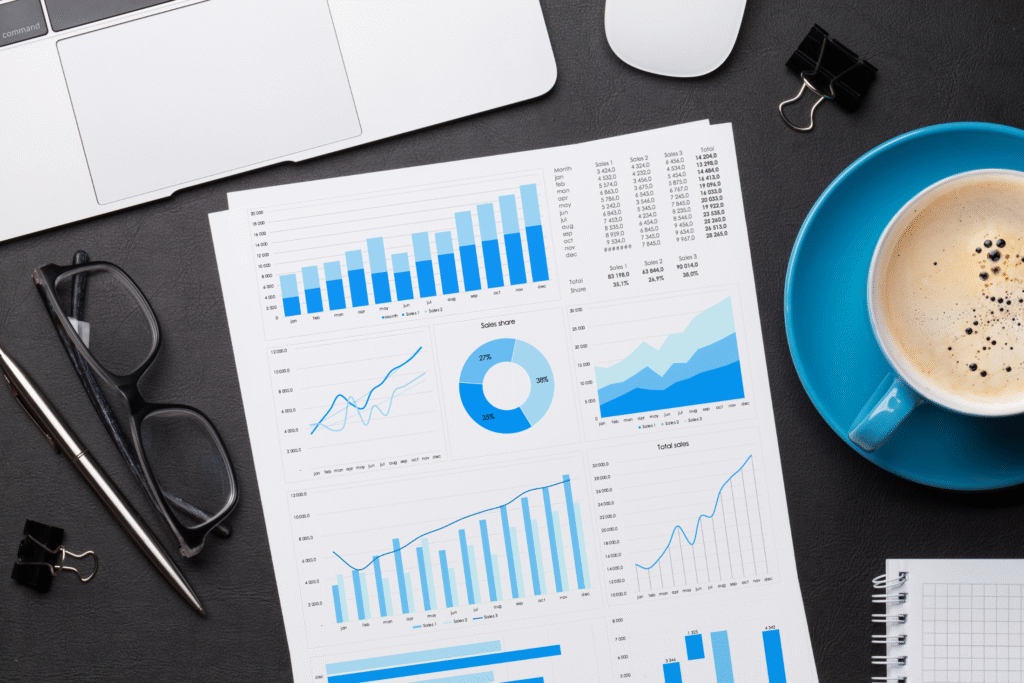Consumer packaged goods is not a guessing game anymore. For decades, brands relied on intuition, focus groups, and broad market trends to make decisions. Today, growth comes from data. The brands that scale are not always the ones with the boldest marketing or the most creative products. They are the ones that use data to refine operations, pricing, and consumer engagement. In a category where margins are thin and shelf space is limited, data-driven brands consistently outperform those that rely on instinct.
Data as the New Competitive Edge
The rise of digital sales, retail analytics, and advanced supply chain tools has changed the way CPG companies compete. According to Big Data in the CPG Industry, leading brands are now using consumer search behavior, purchase patterns, and real-time feedback to guide decision-making. Data is not an optional add-on; it is the foundation of scaling. The brands that survive and grow are the ones that integrate data into every part of their strategy.
Understanding Consumer Behavior Beyond Surveys
Traditional consumer research relied heavily on surveys and panels. While useful, they often lagged behind real consumer trends. Today, social media analysis, search data, and transaction-level insights reveal what consumers want in real time. A beverage startup that monitors trending flavor searches can launch seasonal products before competitors. A snack brand that analyzes direct-to-consumer purchase data can identify its highest-value customers and target them with specific offers. Data turns consumer understanding from guesswork into actionable intelligence.
Improving Unit Economics With Data
Strong margins are the cornerstone of scalability, and data is what helps founders see where costs erode profitability. By analyzing ingredient costs, logistics efficiency, and retailer deductions, brands can identify weaknesses before they become threats. Our Unit Economics Tool allows founders to model pricing and margin scenarios with precision. With this data, decisions are not based on hope but on measurable financial outcomes. Founders who use data to refine margins often avoid the trap of scaling losses, which is the most common reason CPG startups collapse.
Data in Retail Negotiations
Buyers listen to stories, but they act on numbers. Brands that walk into negotiations with sales velocity data, category comparisons, and consumer insights gain leverage. Data makes your pitch credible. Instead of saying “consumers love our product,” you show that sales per store exceed category averages or that your product attracts a desirable consumer segment. Buyers want suppliers who reduce risk. Data demonstrates reliability in ways branding alone cannot.
Supply Chain Optimization Through Data
Scaling a brand is not only about selling more; it is about delivering more efficiently. Data helps companies track freight costs, warehouse performance, and inventory accuracy. According to The Importance of Trustworthy Product Data, poor data quality in supply chains often creates costly errors. Wrong labels, incorrect dimensions, or outdated product specs lead to compliance fines and delays. Brands that invest in trustworthy product data avoid these pitfalls and create smoother operations. Efficiency in supply chains translates directly to healthier margins and happier retail partners.
Using Data to Drive Marketing Efficiency
Marketing spend is often one of the largest costs for CPG brands, yet many founders invest blindly. Data makes marketing accountable. Founders who track conversion rates, regional performance, and consumer lifetime value know where to allocate budget for the highest return. A snack brand that learns most conversions come from urban markets can concentrate spend where results are proven, rather than wasting budget on broad campaigns. Data also helps align promotional spending with actual consumer response, avoiding the common mistake of overspending on discounts that fail to build loyalty.
Data as a Risk Management Tool
Scaling introduces new risks: supply shortages, market shifts, and competitive pressure. Data gives early warning signs. For example, sudden drops in sell-through rates can alert a brand to packaging issues or competitor promotions. Ingredient price tracking can signal when to renegotiate supplier contracts before costs spike. Risk management through data allows founders to act before problems spiral. Without data, risks are discovered only when damage is already done.
Building a Culture of Data-Driven Decision Making
Data delivers value only if the entire organization embraces it. Founders must lead by example, making decisions grounded in facts rather than instinct. Teams must track KPIs regularly and align their decisions with clear metrics. At Come Sell or High Water, we encourage founders to build dashboards and regular reporting structures that keep teams accountable. A data-driven culture ensures that growth does not come at the expense of discipline.
Lessons From Data-First Brands
The most successful modern CPG companies integrate data into every level of their business. Beverage and snack brands that use real-time retail data adjust promotions mid-campaign instead of waiting months for results. Food companies that analyze loyalty data build direct connections with their most valuable customers. These brands show that scale is not about guessing correctly—it is about measuring accurately and acting quickly. Data gives small brands the same precision that larger companies use, leveling the playing field.
The Future of Data in CPG Growth
As technology advances, the role of data will only grow. Artificial intelligence and predictive analytics already help brands forecast demand with higher accuracy. Blockchain and advanced traceability tools are improving supply chain transparency. For founders, the challenge is not accessing data—it is knowing which data matters most and how to apply it. The future belongs to brands that treat data as a core asset, not an afterthought.
Conclusion: Scaling Through Data Discipline
Scaling a CPG brand requires more than ambition; it requires clarity. Data transforms ambition into a roadmap. It strengthens unit economics, builds credibility with buyers, optimizes supply chains, and makes marketing accountable. By adopting a data-driven culture and using tools like the Unit Economics Tool, founders create a foundation for sustainable growth. If you are building a brand and want guidance on how to use data effectively, Come Sell or High Water can help. The right data at the right time is not optional; it is the difference between surviving and scaling.

